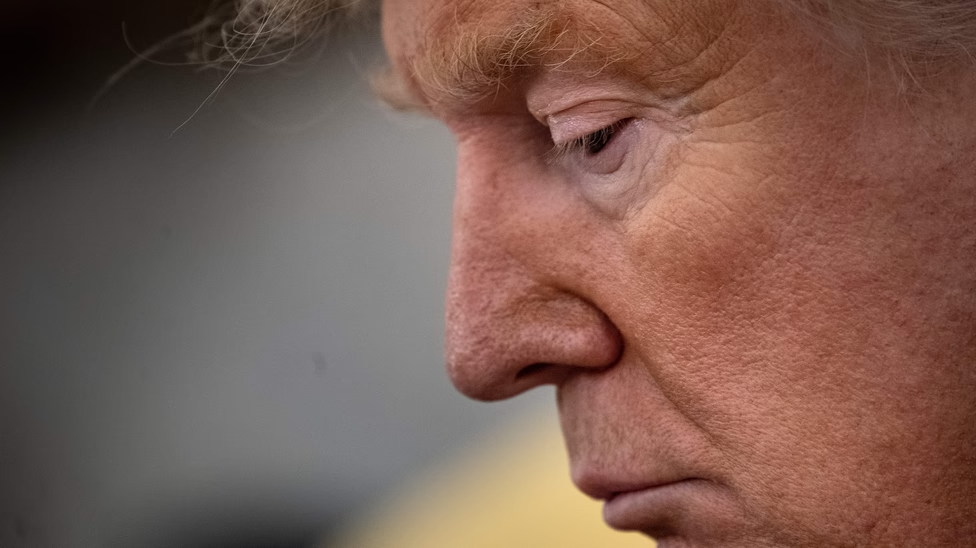In a startling revelation detailed in Jonathan Karl’s upcoming book, “Tired of Winning,” former President Donald Trump’s response to Kim Kardashian’s plea for support after the 2020 election has surfaced, marking a profound shift from their previously cooperative interactions.
As reported by The Hill on Monday, November 13, Trump’s initial collaboration with Kardashian in 2018, which culminated in the clemency grant for Alice Johnson, took a drastic turn in 2021.
According to Karl’s account, Kardashian approached Trump seeking assistance for additional clemency efforts.
In a brusque and unapologetically rude response, Trump firmly declined, stating, “Hell no,” and attributing his refusal to Kardashian’s voting choice, saying, “You voted for Biden, and now you come asking me for a favor?”
The exchange concluded abruptly, with Trump abruptly ending the call on the reality TV star.
This revelation provides insight into the intricate dynamics of celebrity influence in politics and Trump’s tendency to intertwine personal favors with celebrity connections.
The once-amicable relationship between Kardashian and Trump had deteriorated, underscoring the enduring political divide even after Trump vacated the White House.
Despite Kardashian’s advocacy in criminal justice reform, she found herself at odds with the former president, highlighting the challenges of navigating the political landscape for high-profile figures.

The book further underscores Kardashian’s efforts to adhere to Trump’s demand for a quid pro quo, leveraging her celebrity connections to secure commutations.
However, as the political climate shifted, Trump’s perceived toxicity became a barrier, leading football stars she approached to decline involvement.
While Trump’s spokesperson dismisses Karl’s book as “filth,” the revealed exchange sheds light on the intricate relationship between celebrity, politics, and personal ideologies.
The headline, “You Voted For Biden,” encapsulates the essence of Trump’s brusque response, reflecting the enduring impact of political affiliations on personal interactions in the post-Trump era.










